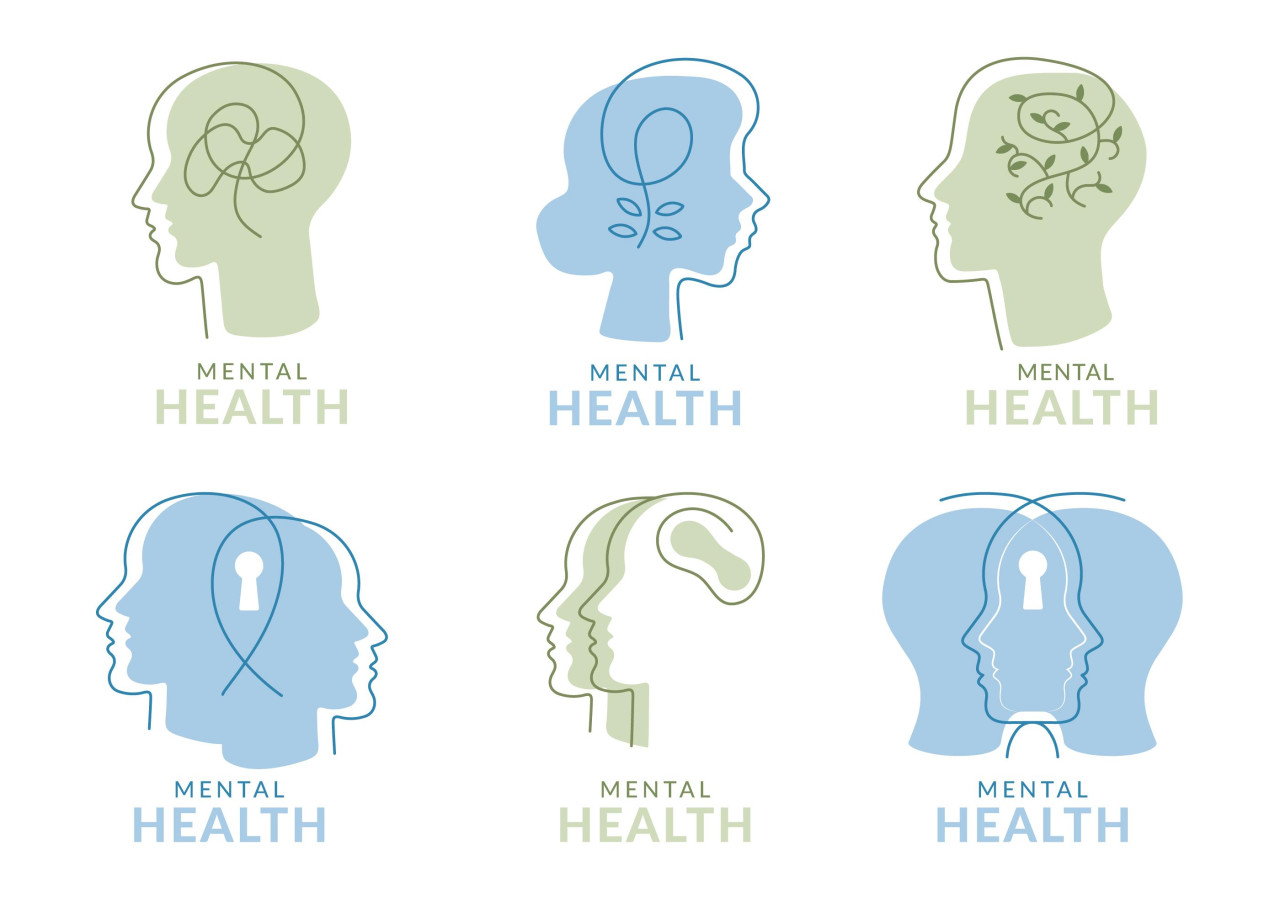Social Disability Lawyer Blog
Understanding SSDI Benefits for Mental Health Diseases and Impairments
Living with a mental health disease or impairment can significantly impact a person's ability to work and lead a fulfilling life. Fortunately, the Social Security Disability Insurance (SSDI) program provides crucial financial support to individuals facing such challenges. In this comprehensive guide, we will explore the mental health diseases and impairments that may quickly qualify individuals for SSDI benefits. We will also discuss the eligibility criteria, the application process, and provide guidance on navigating the system effectively.
How Mental Impairment Qualifies for SSDI
Mental impairment refers to a range of conditions that impact emotions, thoughts, and behavior. When left untreated, these illnesses can significantly affect daily life, including the ability to work, care for family, and interact with others. Understanding how mental impairments qualify for Social Security Disability Insurance (SSDI) can provide support and access to treatment for those in need. Just as there is no shame in having a mental illness, there is no guilt in seeking help, just as one would for diabetes or heart disease.
1. Understanding SSDI for Mental Health Conditions: SSDI is a federal program administered by the Social Security Administration (SSA) that offers financial assistance to individuals with qualifying disabilities. Mental health conditions can be debilitating and may qualify for SSDI benefits if they meet the SSA's requirements for disability.
2. Mental Health Conditions That May Quickly Qualify for SSDI: Certain mental health conditions are recognized by the SSA as potentially meeting the criteria for disability benefits more quickly. These conditions include, but are not limited to:
- Schizophrenia
- Bipolar disorder
- Major depressive disorder
- Post-traumatic stress disorder (PTSD)
- Obsessive-compulsive disorder (OCD)
- Intellectual disability
- Neurocognitive disorder
- Autism spectrum disorder (ASD)
- Personality and impulsive control disorders
- Intellectual development disorders
- Somatic symptoms and other related disorders
- Neuro-developmental disorders
It's important to note that while these conditions may expedite the eligibility process, individual circumstances and the severity of the condition will still be considered during the evaluation.
3. Eligibility Criteria for SSDI Benefits: To qualify for SSDI benefits, individuals with mental health conditions must meet the following criteria:
- Inability to engage in substantial gainful activity (SGA) due to the condition's severity.
- The mental health condition must significantly impair the individual's ability to perform basic work activities, such as concentrating, interacting with others, or adapting to changes in the workplace.
- Medical evidence, including records from mental health professionals, therapists, and healthcare providers, should support the diagnosis, treatment, and functional limitations caused by the mental health condition.
4. Application Process: The application process for SSDI benefits involves submitting detailed information about the mental health condition, its impact on daily life and work, and medical evidence supporting the diagnosis and functional limitations. It is beneficial to work with a disability attorney or advocate experienced in mental health cases who can help gather the necessary documentation and present a strong case.
5. Navigating the SSDI Process: Navigating the SSDI process for mental health conditions can be complex and overwhelming. It's essential to maintain regular treatment and therapy, follow prescribed medications, and keep accurate records of medical visits and treatments. Seeking support from mental health professionals and disability advocates can provide guidance and assistance throughout the application and appeals process.
Conclusion: SSDI benefits offer vital financial support for individuals living with mental health diseases and impairments that significantly impact their ability to work. Understanding the eligibility criteria, gathering comprehensive medical evidence, and seeking professional assistance are key steps to navigate the complex SSDI application process.
If you or a loved one is considering applying for SSDI benefits due to a mental health condition, contact our experienced disability attorney team for a consultation. We are dedicated to helping individuals with mental health challenges secure the benefits they need.
When you subscribe to the blog, we will send you an e-mail when there are new updates on the site so you wouldn't miss them.

Comments